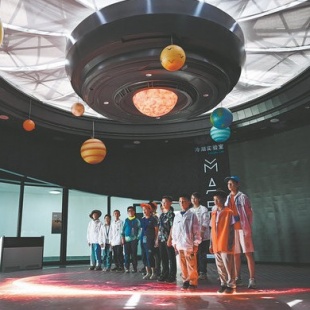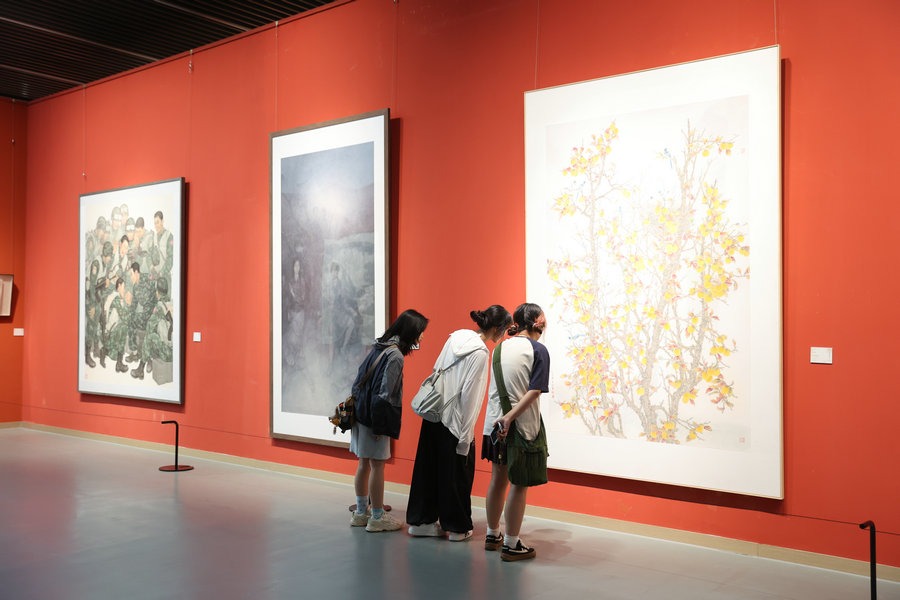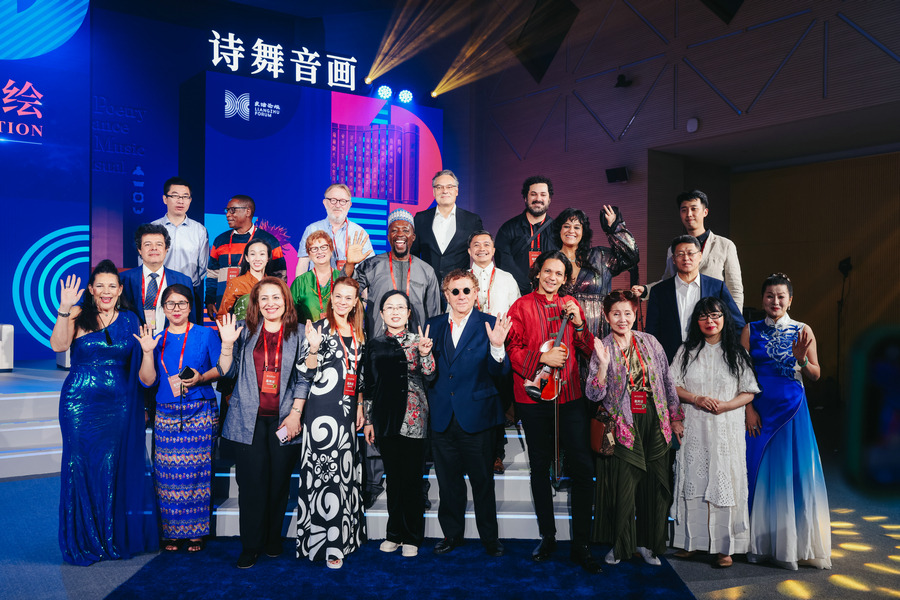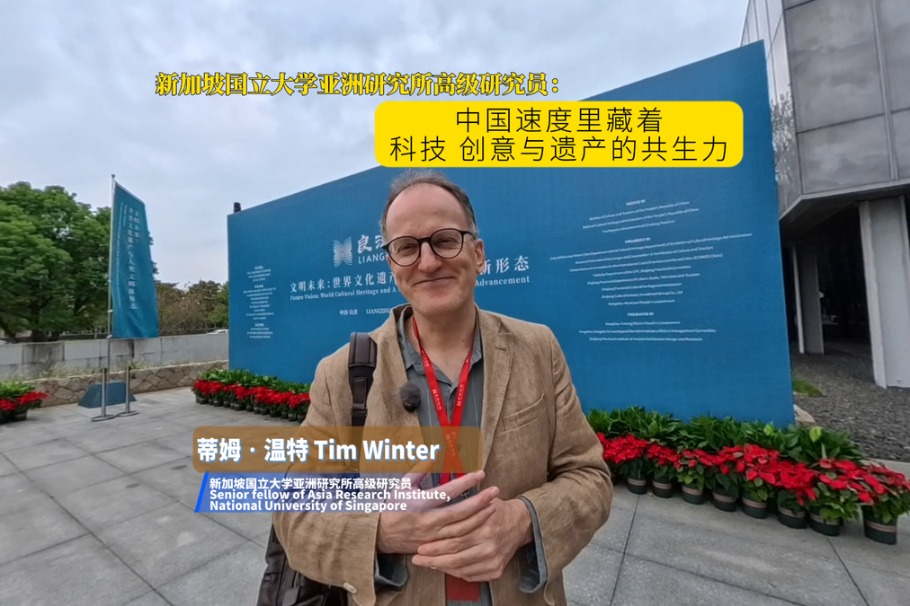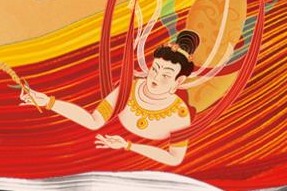Writing the future of feelings
Chinese authors explore shifting realities and emotional frontiers as technology transforms storytelling, Yang Yang reports.

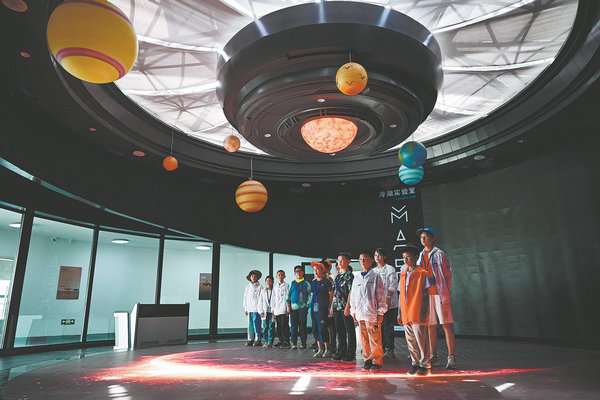
Literature is the cultural pulse of Chinese civilization, Wang says, a belief that compels him to ask: under the impact of information technology and artificial intelligence, what remains of literature, and what can it still offer humanity?
"For people like myself who are still creating literary works, I have to find answers to these questions, which is the starting point of this story," he says.
He observes that literature must mirror its time, but few works capture today's rapidly changing world, as many still cling to 19th or 20th-century mindsets.
Among the most profound transformations is how people experience and process emotions. With the rise of the internet, a home-centered lifestyle has become prevalent worldwide, altering the ways people address their emotional needs.
In his short story, future societies use medical treatments to eliminate negative emotions. Wang admits that it is actually a rather conservative idea by today's standards, noting that last year, a news report described a severely depressed person receiving a brain implant that, when activated, alleviates negative feelings.
"Tremendous changes in social structure have led to increasing depression cases", which is also "a reality we need to face", he says.
According to Wang, science fiction, unlike other literary genres, can create more radical contexts for readers to explore. For instance, in the short story, he envisions a future where the profession of writing is nearly extinct. The protagonist, who struggles with psychological issues, finds empowerment and meaning by engaging in this cultural heritage.
"These radical sci-fi settings can produce realistic and believable effects," he says.
Although writers have not become extinct as in Wang's story, the creation of science fiction faces its own challenges.
Real-world technology often outpaces sci-fi imaginings, making it tough to craft near-future scenarios, says Baoshu.
"You have to keep up with rapid technological changes to stay relevant," he notes.
He also notes that technological marvels have lost their power to astonish; innovations like high-speed trains now seem ordinary, making it hard to find new, awe-inspiring concepts, he says.
Additionally, visual media, such as films, offer an immediate impact, diverting attention from literature. Many people now only engage with stories after seeing their adapted versions for the screen, Baoshu adds.
The rise of AI-assisted writing also poses a potential threat, raising concerns about fairness and ethics as some may use AI to produce work faster, leading to increased competition and ethical dilemmas, he says.


